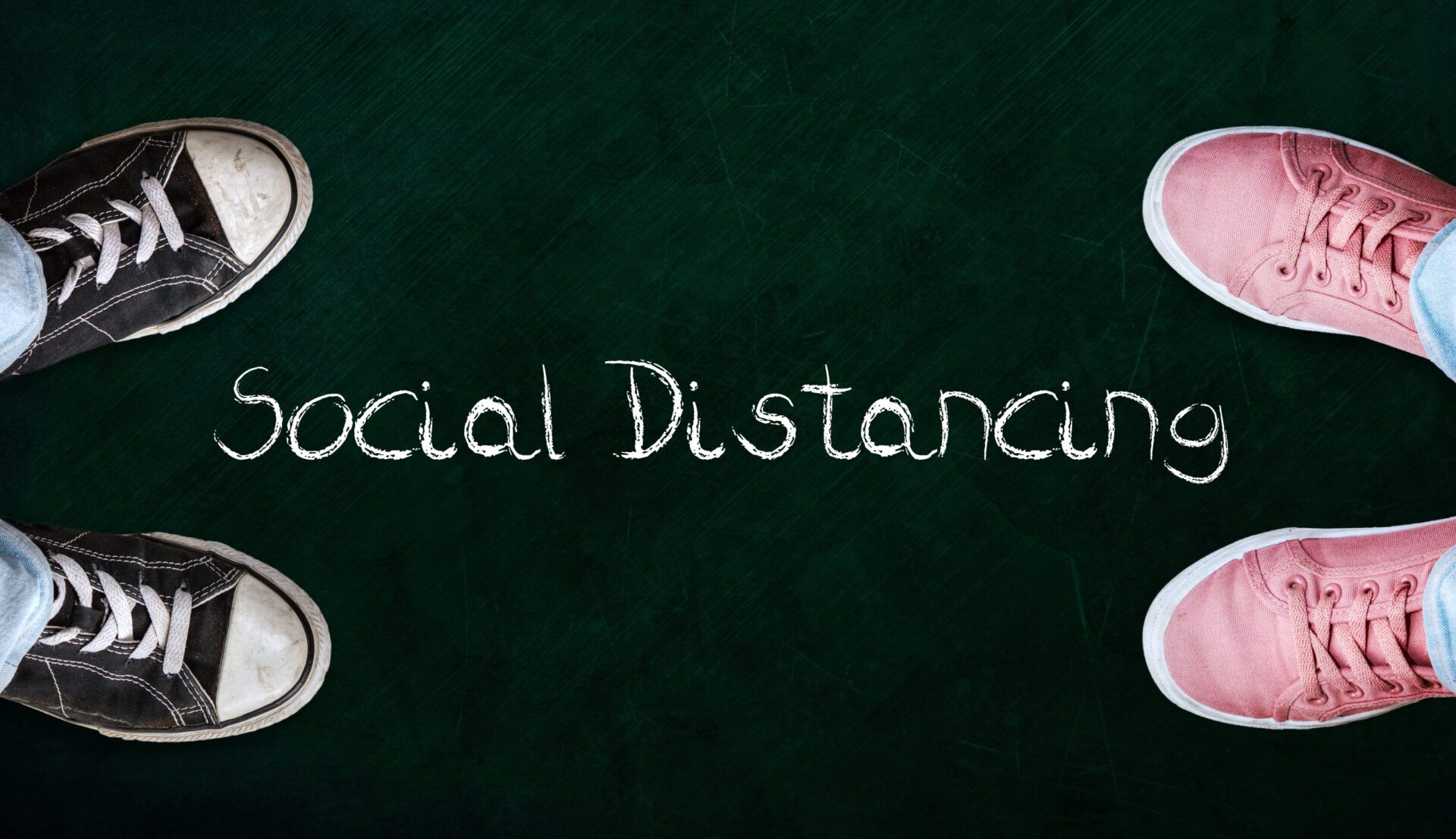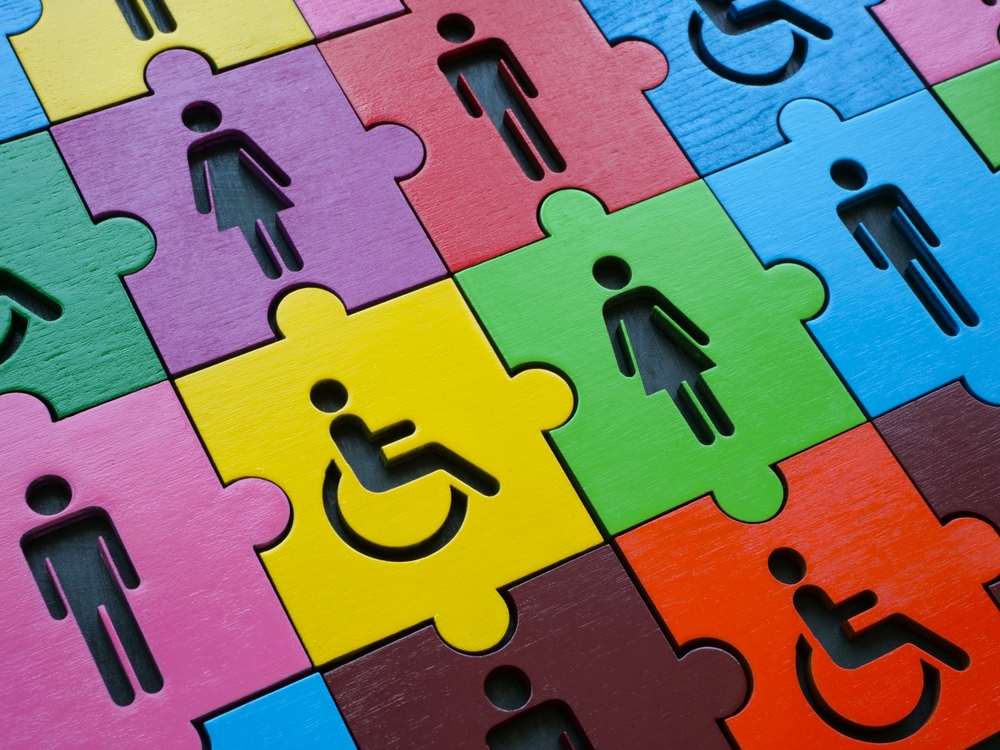It’s my first week of ‘social confinement’. As I look over my laptop screen towards the end of my garden, I am reminded that Eric Berne (1966) once wrote that “Most people become uneasy when they are faced with periods of unstructured time”. How many of us are now find our lives unstructured, or even ‘turned upside down’?

Berne believed that there are three things that we need to pay attention to in order to keep motivated and in good shape mentally and emotionally. He called them ‘hungers’ and they are as follows:
- Structure. We all have routines or protocols and ways of doing things that we follow regularly, if not daily. These give form to our lives and create a sense of familiarity.
- Recognition. This is the contact we get from one another. It can be non-verbal, verbal or touching. There is ample evidence of the fact that food is not enough for babies or adults. We wither physically, mentally, emotionally and psychologically without human contact.
- Stimulus or sensation. The need for stimulus is arguably why theme parks make money, why some like a bit of drama or bungy jump and why solitary confinement is a form of punishment.
So, in this period of shutdown, auditing the structure, recognition and stimulus you have in place is a useful exercise. One of the things you can do for your team, is to reflect on the structure, recognition and stimulus they are no longer getting and the alternatives you can put in place.
It is highly likely that the shutdown has disrupted your structures; for example, the morning routines that get you to work on time, a daily calendar full of meetings, using familiar working methods, processes or systems and conference calls.
So, how can you fill this gap in a period of shutdown? Last time I felt my life disrupted to this extent, was after a divorce. Without realising it, I had created a new structure around the cups I used during the course of the day; a large mug of tea first thing, a fancy coffee mug mid-morning, a cup and saucer for afternoon tea and a little mug for cocoa at night! Each had sentimental value and felt surprisingly comforting at the time. As well as developing rituals, you could experiment with the following steps:
- Plan for your week.
- Work out your morning routine and stick to it.
- Create batches of work. This entails grouping similar tasks together, which helps you get into the zone more quickly and stay focused.
- Revise the plan for each day the night before and set a purpose or intention for the day.
- Make time for self-care.
The Covid-19 shutdown has significantly reduced opportunities for human recognition both at work and in our personal lives. Technology and social media are just some of the ways in which we can meet our need for contact, but they don’t work for everybody. There is more each of us can do by reaching out, collaborating and by paying full attention to the person we are online with. Another thing you can do, especially if you manage others, is to give clear feedback on how your team members are doing. Where there is no, or unclear, information it is all too easy for people to make up stories about how they are perceived. These assumptions are typically based on their worst-case scenarios and that’s not helpful for anyone.
Working from home will also mean less stimulation of the kind Berne was referring to. As well as the obvious reduction in social interaction, the chances are that there less opportunities for feeling a sense of achievement. Stimulation includes negative feelings to, therefore less pressure or fewer stresses also add up to less stimulation. Finding other sources can help. One opportunity lies in enhancing the quality of contact we have when we are ‘online’ by being authentic and real with one another. Dialling into a meeting with someone else who is also based in their home, lends itself for a conversation with the whole person. This ticks at least two of Berne’s hungers.
We can include this awareness in how we choose to use our ‘down time’. At the time of writing, we are still able to take outdoor exercise (if in accordance with the guidelines). Not only does this have psychological benefits but fresh air has antiseptic properties! This is definitely a good time to think outside the box. A friend of mine who is missing the buzz from his daily swim, is currently testing out a swim workout that doesn’t require a pool!
As we ride the wave of this pandemic, it is important to remember that we are human beings, not human doings. We need to remember our fundamental human needs and find ways to support ourselves and others through the worse of those times and to learn as we go so that we come out of this with our sense of self-worth and wellbeing intact.





